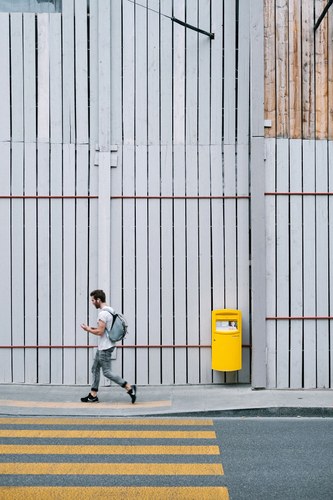RU3 - Milano Bicocca

Activity
The goal of this activity is to contribute to the definition of an interdisciplinary framework on walking landscapes of urban cultures by approaching walking in the city as a social practice, result of the interrelation between empirical reality, representations and embodied experiences. Urban walking has social consequences in terms of urban sustainability and quality of life, health, inequalities and exclusion. To reach the goal, a review in the fields of urban and environmental studies will be carried out focusing on three main aspects related to urban walking: Walkability, Motility, Accessibility and inequalities. The review will outline a comprehensive framework of the main socio-territorial factors and processes that shape the practice of walking in the city.
Furthermore, some audits will be carried out to evaluate walkability in areas covered by urban regeneration programmes and will be carried out by a group of participants, working with a trained coordinator, through the use of the Universal Design Walkability Audit Tool. The audits will allow us to understand the relationship between the experience of walking and individual and subjective characteristics, to inform decision makers and increase the awareness of the diverse needs and preferences of pedestrians with different abilities.